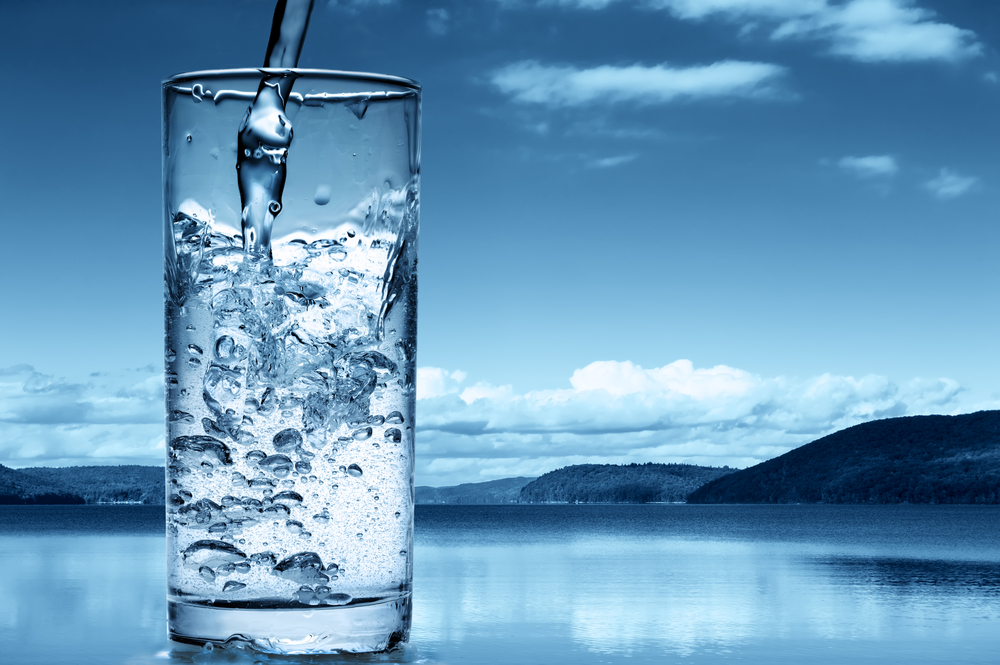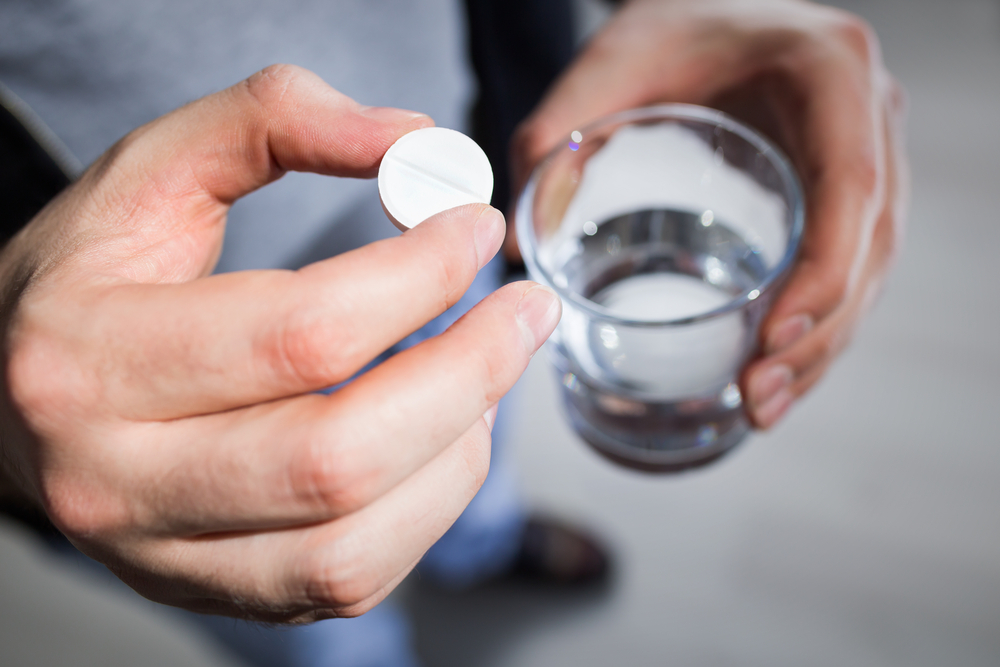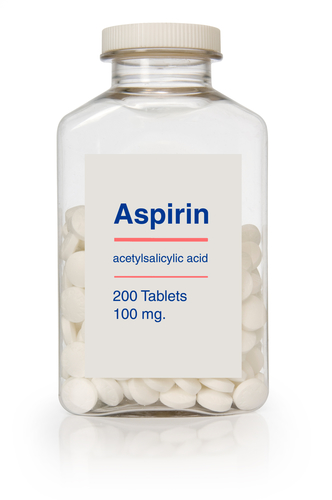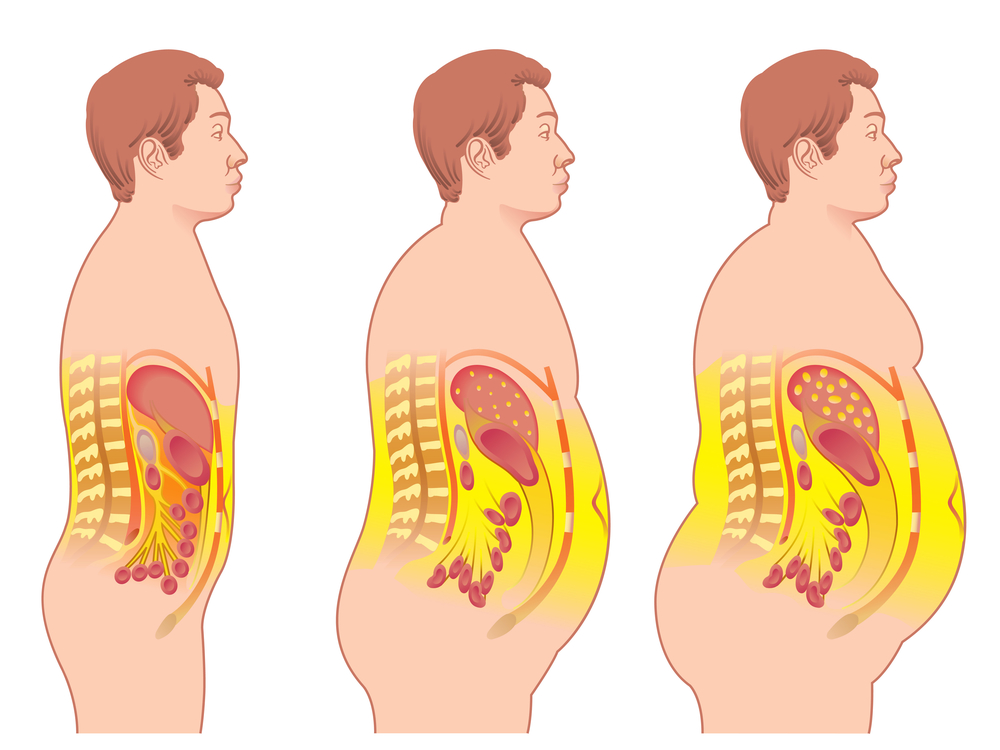Poor hydration among old people and hydration tips
 Dehydration in seniors is associated with many diseases. However, only a small percent of old people keep a regular habit of water intake, and most people drink water only when feeling thirst.
Dehydration in seniors is associated with many diseases. However, only a small percent of old people keep a regular habit of water intake, and most people drink water only when feeling thirst.
Poor hydration literacy can be a reason behind the common dehydration among old people. According to a study published in the journal Age and Aging, a poor knowledge level of healthy drinking is the main cause of dehydration in the elderly.
The researchers of the study interviewed 24 older people at risk of malnutrition and dehydration and 9 informal care providers on their views on hydration. They found that old people had four misconceptions on healthy drinking:
- They were not clear how many glasses they shall drink based on different sizes of glass, though knowing 8 glasses of water a day, but
- They believed that only plain water or mineral water shall be measured for water consumption, and other drinkings like tea and coffee shall be excluded.
- They relied on thirst sensation as a reminder for water intake and begin to drink water when feeling thirsty.
- They hoped to limit their water intake to avoid frequent urination resulting from decreased urinary retention.
Wrong ways of water drinking can lead to a variety of diseases among old individuals. Low-term dehydration can cause kidney damage, urinary tract infections, bladder stones, and blood vessel damage, and hot water consumption above 65°C is linked to increased risk of developing esophageal cancer.
Below are some tips for water drinking for the elderly.
1. Consume 1500-1700 ml of pure water per day. Adult men and women need about 3000 ml and 2700 ml of water per day, respectively. They can get a portion of needed water from body metabolism, foods and the rest shall be supplemented from pure water.
2. Drink about 200 ml of water every 2 hours. The elderly do not feel thirsty as frequently as young people do and some thermos cups featuring a timing function can be used to remind water consumption. It had better not to drink water after 8:00 pm in order to avoid night urination.
3. Avoid large amounts of water consumption in a short time. The elderly shall not consume above 1000 ml within one hour even though extremely thirsty. They shall not drink water immediately after meals, which can affect digestion and absorption.
4. Increase/decrease water intake amount by about 200-300 ml according to fluid demands. The elderly shall increase water intake appropriately in hot summer or after exercise while drinking less in cold winter. It should be noted that patients with heart or kidney diseases should strictly control the amount of drinking water so as not to bring burdens on the heart and kidneys.
5. Cold down to 45℃. Old adults shall not drink too hot water to avoid damage to the digestive tract, and warm water below 45°C is preferred.
6. Drink slowly instead of guzzling down at once. The elderly who have difficulty swallowing and coughing should drink slowly with small mouths or use drinking straws, spoons and other tools to drink water.
7. Enrich hydration sources. In addition to pure water, mineral water containing calcium, zinc, magnesium, etc. is also a good choice. Other health drinkings like green tea, honey water, lemonade, etc. are advisable for their rich vitamins.
Hydration health serves as the foundation for the whole body system. For old people, a health day shall start with a glass of warm water of 200 ml.


